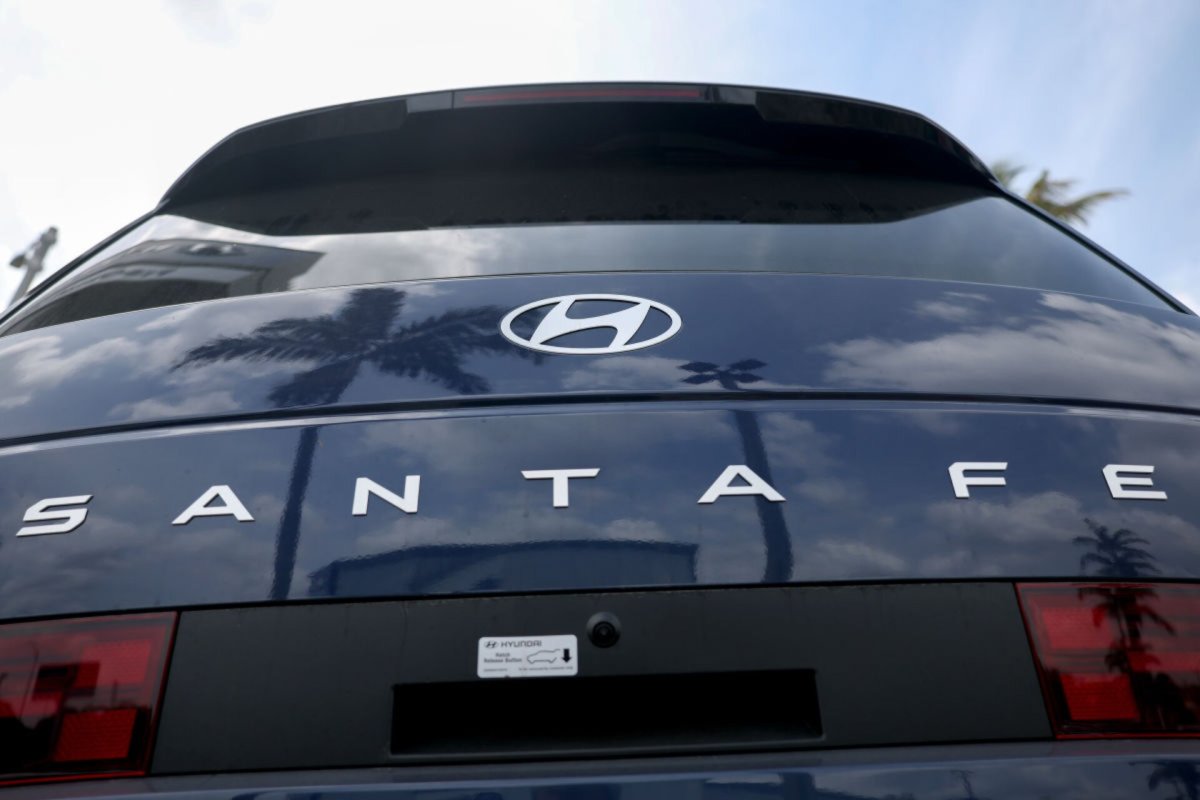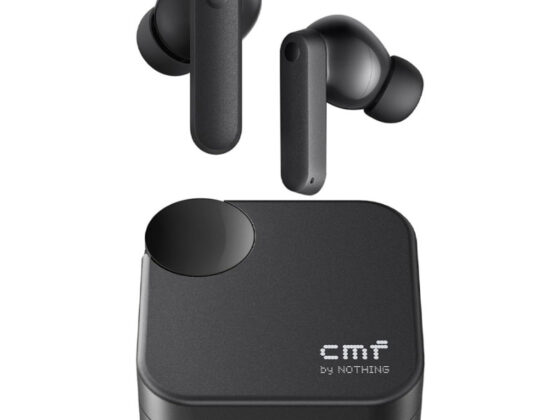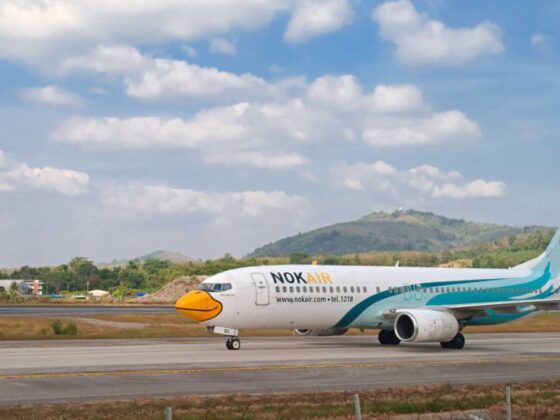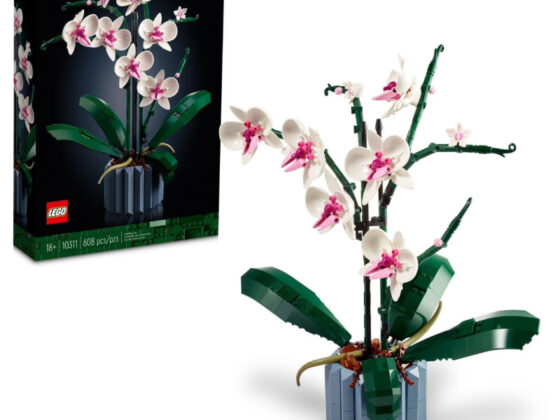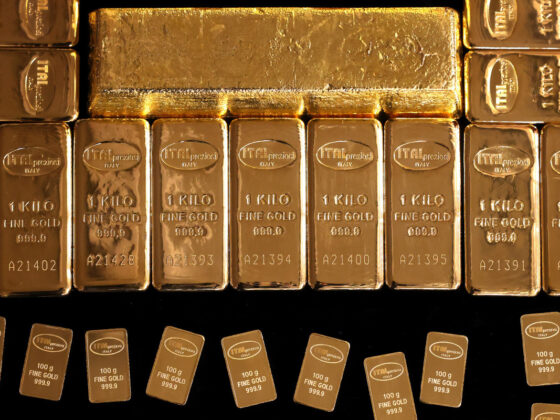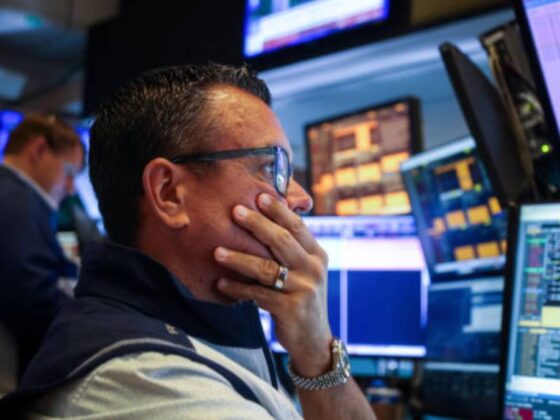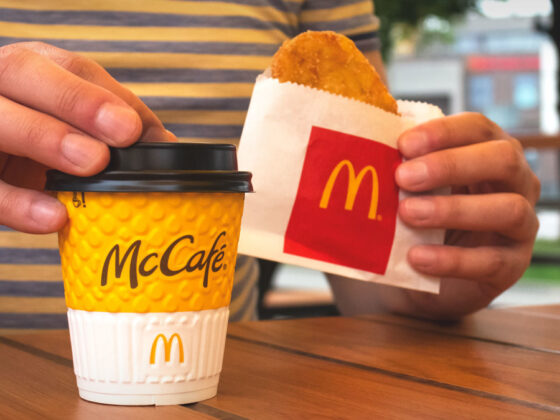Tariffs have driven all of the action in the automotive industry during the first half of 2025.
Auto dealers' customer traffic index rose to 37 from 33 in Q1 last year. Franchised dealers reported a 10-point increase in in-person visits, the largest increase since the metric was introduced in Q3 2022, according to Cox Automotive.
Due to the anticipation of 25% duties on all auto imports, car buyers flocked to dealer lots during the early months of the year. Once the tariffs officially took effect on April 3, buyer behavior didn't change.
Related: General Motors makes $4 billion tariff move
In recent months, car dealers have increased their incentives to attract customers. Bank of America saw consumer vehicle loan applications peak in April.
However, the majority of automakers reported reducing incentive spending in May. Dealers like Volkswagen, Mazda, Land Rover, Volvo, and BMW all reduced incentive spending by more than 10%.
Incentives were also notably lower month over month for Stellantis.
U.S. consumers have been resilient despite the dwindling incentives offered, partially because automakers, at President Donald Trump's behest, have only raised prices modestly.
And when they raise prices, they make sure not to blame it on the tariffs.
Hyundai announces a record-setting start to 2025
A buyer's market has driven the auto industry so far this year, and car companies, both domestic and foreign, are benefiting from the environment.
On Tuesday, Hyundai Motor America, the Korean brand's American arm, reported a year-over-year 3% increase in June sales to 69,702 units.
“We just wrapped up the strongest first half in Hyundai's history, driven by sales growth across our lineup,” said Hyundai Motor North America CEO Randy Parker.
The highly regarded 276 hp Elantra N and Santa Fe hybrid EV set new sales records for the month, with each seeing sales jump 33% and 39%, respectively.
Hyundai (HYMLF) sold 439,20 vehicles worldwide in the first half of the year, a 10% year-over-year increase that was capped by a 10% second quarter increase to 235,726 units.
Related: Car buyers have a lot riding on the ‘Big, Beautiful Bill'
Retail sales rose 5% in the first half, and total electrified vehicle sales rose 20% year over year.
“We're proud of our progress in the current market and ready to carry that energy into the second half of the year. With industry-leading recognition for quality and safety, a growing lineup of American-made vehicles, and award-winning marketing campaigns, we're continuing to build momentum with every mile,” Parker said.
Hyundai America leans on domestic production for popular cars
Hyundai has had enormous success in recent years.
It's no secret that the U.S. auto industry has become dominated by foreign brands over the past few decades.
While General Motors still has the highest market share at 17% and Ford ranks third with a 13% market share, foreign models from Asia round out the top five, according to Cox Automotive data.
More automotive news:
- Car buyers should be nervous about this emerging trend
- Car buyers, dealers are both shocked by latest price trends
- Fire risk recall affects 60,000 vehicles from US car company
Toyota ranks second with 15% U.S. market share, while Korean brand Hyundai ranks fourth with 11%. Toyota's fellow Japanese brand, Honda, is fifth in the market, with 9%.
Hyundai only started selling in the U.S. in 1986, so it is no small feat that it has a larger market share than Stellantis, whose Chrysler brand has been around in the U.S. since 1925.
Hyundai operates two major auto manufacturing plants in the United States, one in Montgomery, Alabama, and a new facility that just opened in March in Ellabell, Georgia.
The company is also building a $5.8 billion steel plant in Louisiana that will provide the steel for its U.S. plants.
Hyundai builds the Santa Fe Hybrid, Elantra sedan, Tuscon SUV and Santa Cruz SAV.
The Georgia facility is dedicated to producing between 300,000 and 500,000 EVs annually.
Related: President's latest interview gives US automakers much-needed boost

